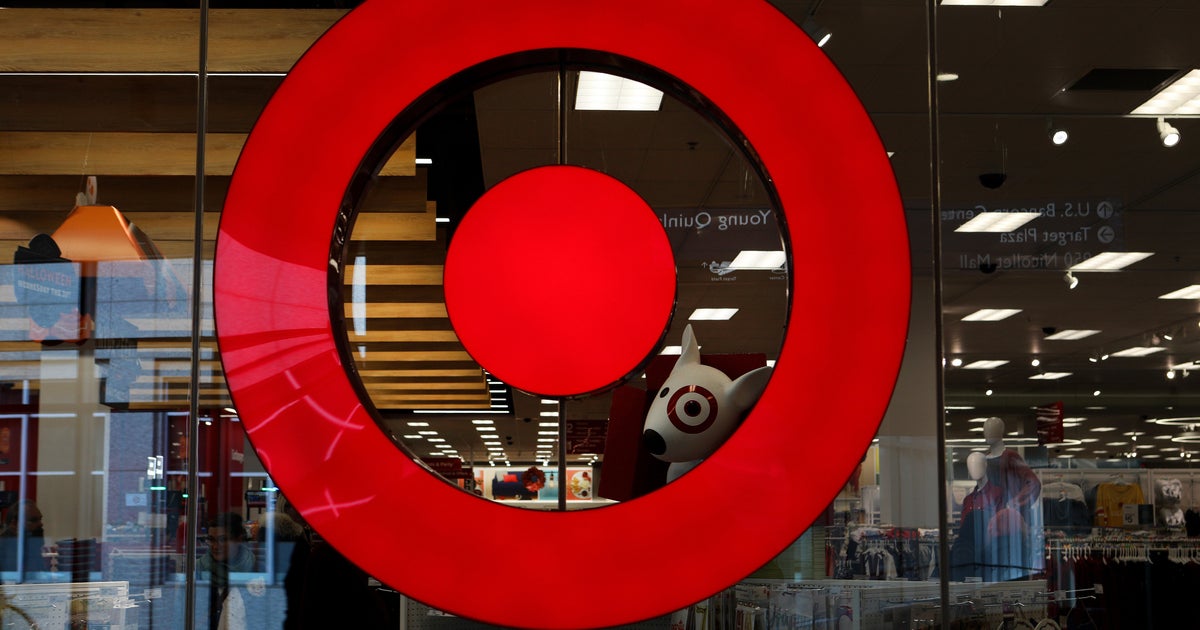Fed Chair Jerome Powell wants more proof inflation is falling before cutting interest rates
Federal Reserve Chair Jerome Powell said the central bank will cut its benchmark interest rate this year — but not yet.
In comments before a House panel on Wednesday that echoed his previous outlook, Powell noted that U.S. prices are falling for both goods and services. Inflation "has eased notably over the past year," although it remains above the Fed's 2% annual target, he said.
On the first of his two days of semi-annual testimony to Congress, Powell also suggested that the Fed faces two roughly equal risks: Cutting rates too soon — which could "result in a reversal of progress" in reducing inflation — or cutting them "too late or too little," which could weaken the economy and hiring.
The effort to balance those two risks marks a shift from early last year, when the Fed was still rapidly raising its benchmark rate to combat high inflation.
The financial markets are consumed with divining the timing of the Fed's first cut to its benchmark rate, which stands at a 23-year high of about 5.4%. A rate reduction would likely lead, over time, to lower rates for mortgages, auto loans, credit cards and many business loans.
Most analysts and investors expect a first rate cut in June, though May remains possible. Fed officials, after their meeting in December, projected that they would cut rates three times this year.
In his remarks Wednesday, Powell underscored that the Fed's policymakers believe they are done raising rates, which are likely high enough to restrain the economy and inflation. However, he offered no hints on the potential timing of rate cuts. Wall Street traders put the likelihood of a rate cut in June at 69%, according to futures prices, up slightly from about 64% a week ago.
"The waiting game continues," Ian Shepherdson, chief economist with Pantheon Macroeconomics, said in a research note on Powell's testimony. "Everything else in the written testimony is boilerplate about progress on inflation over the past year and the strength of the labor market, though Mr. Powell does allow himself a note of self-congratulation — and a subtle jab at Larry Summers and others who argued that the Fed would have to kill the labor market in order to bring inflation down."
Powell's testimony before the House Financial Services Committee coincides with intensified efforts by the Biden administration to stem public frustration with inflation, which erupted three years ago and which has left average prices well above their level in 2019. President Joe Biden's bid for re-election will pivot in no small part on voter perceptions of his handling of inflation and the overall economy.
Overall inflation has steadily cooled, having measured at just 2.4% in January compared with a year earlier, according to the Fed's preferred gauge, down from a peak of 9.1% in 2022. Yet recent economic data have complicated the picture and clouded the outlook for rate cuts.
Some analysts see the hotter-than-expected January numbers as a mere blip.
"We still believe that the stronger rise in core consumer prices in January will prove to be noise rather than a genuine turning point," Andrew Hunter, deputy chief U.S. economist with Capital Economics, said in a report.
"The upshot is that we still see the first rate cut coming in June and scope for rates to then be lowered a bit more quickly than markets are pricing in," he added.



